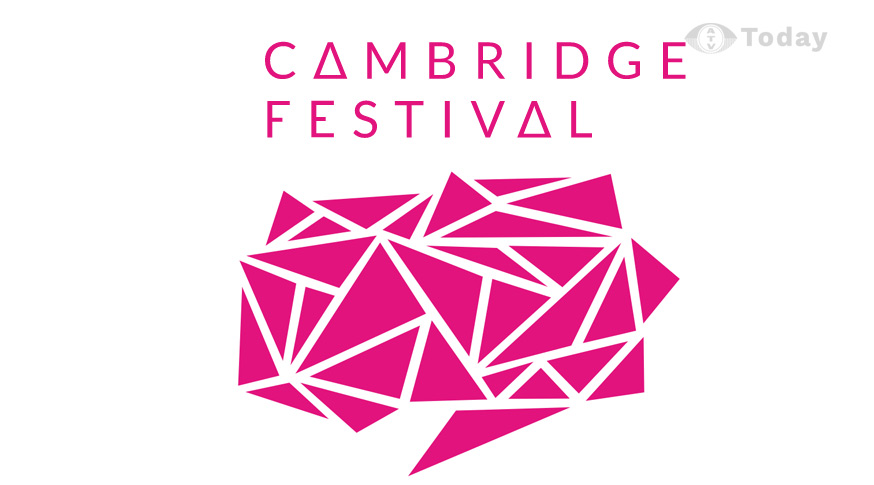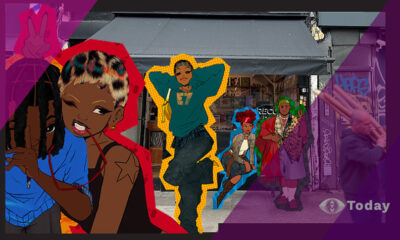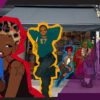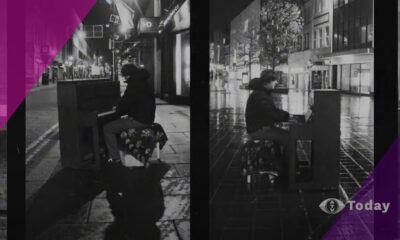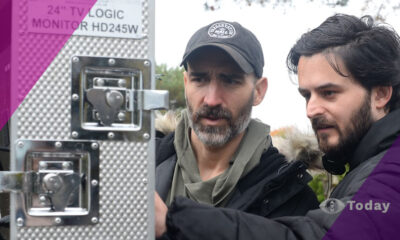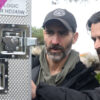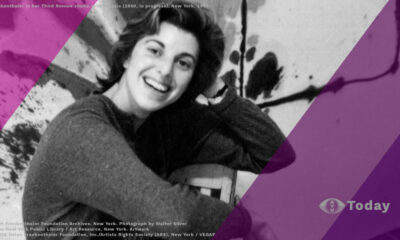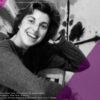From Britain’s Galileo to workplace psychopaths at the Cambridge Festival
A world premiere play about Britain’s answer to Galileo and debates about everything from psychopaths and obsessive hoarding to food security will dominate the second week of the Cambridge Festival, culminating in a bumper weekend of events.
Speakers include John Crace, political sketch writer at the Guardian, food policy expert Professor Tim Lang, Emily Shuckburgh, director of Cambridge Zero, Professor Mike Kenny, Director of the Bennett Institute for Public Policy, and neuroscientist Hannah Critchlow.
The Festival, which runs until 2nd April, is one of the largest of its kind in the country, featuring over 360 mostly free events, and showcases cutting edge research across the University of Cambridge and beyond.
A plethora of theatre events in the second week of the Festival include HORROX: A forgotten Cambridge hero, the world premiere of a new play by fintech entrepreneur David Sear about the life of astronomer Jeremiah Horrocks who came to Emmanuel College, Cambridge, in 1632 at the age of just 15 to study the stars and by the age of 22 had changed the way in which we see the Universe. Horrocks was the first human being to measure the distance from the Earth to the Sun with any degree of accuracy, and in the process proved that Earth revolved around the Sun. In doing so he not only defined the Astronomical Unit (the measure by which we understand the scale of the Universe), but he was the first person to prove that the Earth was not the centre of creation, destroying key precepts of Christian teachings and the primacy of a literal interpretation of the Bible in the process.
Sear says: “Horrox should be as famous as Galileo, Kepler, or Copernicus. He took their theories and searched for, and found the proof. His work should be celebrated, and his life mourned as a young genius who measured our place in the Universe. His work literally changed our view of the light that is shed upon our world.
“He lived in a Europe fractured by the Thirty Years War, and in a divided England itself on the brink of civil conflict. He fought against an establishment that sought to repress truth and knowledge and did so almost alone. His story should be an inspiration to every child alive today.”
The Corkscrew Theatre company will also be taking the play in an adapted form around local schools. [ADC Theatre, 28th March to 1st April]
The Festival’s second week kicks off with a debate about the pressing topical issue of food security – How can we improve our food security? The problems with empty supermarket shelves this winter have brought headlines, but they run much deeper. Professor Lang leads a panel of experts and will himself raise fundamental questions about the UK’s approach to food. He says: “Globally there’s no shortage of food. It’s a problem of maldistribution, income and poor policy frameworks…The UK is currently all over the place when it comes to food security. Academics and scientists have sketched and provided sufficient evidence for redirection. It’s leadership and public engagement that we lack.”
Other speakers are David Rose, Professor of Sustainable Agricultural Systems at Cranfield University, plant scientist Anoop Tripathi and Emelyn Rude, a historian of food and editor of Eaten, a food history magazine.
She says: “It’s a common refrain in food policy circles to say that the food system is broken. While there are a lot of flaws with modern food production and consumption, I think looking at the history of food systems reveals that the story is more complex than that. I argue that the food system is not broken but is in fact working exactly as it has been designed to. The problem, of course, was that this system was designed in an era that had vastly different concerns than our modern ones. Understanding this history can help to explain the system’s resistance to change in spite of all of the existing issues with inequality, health and environmental harm.” [27th March]
Another panel, Climate change: from despair to action, looks at climate change innovation, focusing on what we can do rather than succumbing to despair. Chaired by Emily Shuckburgh, speakers include Laura Diaz Anadon, Professor of Climate Change Policy, Peter Sutoris, Assistant Professor of Education at the University of York and author of Educating for the Anthropocene, Samira Patel, a researcher who has worked for several years at the US National Oceanic and Atmospheric Administration and Ramit Debnath, the first Cambridge Zero Fellow.
Debnath, whose paper on misinformation about solar geoengineering was featured in Time magazine this month, says: “I have always believed public voices matter in consensus generation for climate action and it is important to reduce misinformation, remove scepticism and restore trust. One way that I am doing this is through advocating for data justice and designing safer AI systems and algorithms through diverse and inclusive representation of climate action voices.” [30th March]
Other events include:
-
Joined up thinking: the science of collective intelligence and its power to change our lives [29th March] will see neuroscientist Hannah Critchlow and award-winning science writer David Robson in conversation about Dr Critchlow’s latest book, Joined up thinking which illuminates the new science of collective intelligence, showing how two heads can be better than one, how to work, play and grow with intelligence and explaining the tricks that help us work best collectively.
-
Britain: a crisis of identity? will look at the state of the United Kingdom, including devolution of power, how Britain sees itself today post-Brexit and amid shifting global geopolitics and what its place is in the world in the 21st century. Panellists include Professor Michael Kenny, Inaugural Director of the Bennett Institute for Public Policy at the University of Cambridge, Chandrika Kaul, Professor of Modern History at the University of St Andrews, Saul Dubow, Smuts professor of Commonwealth history at the University of Cambridge, and Zoë Billingham, director of the IPPR North think tank. [31st March]
-
In Could workarounds be the answer to the world’s complex problems?, Paulo Savaget, Associate Professor of Engineering at the University of Oxford, will be talking to Professor Jaideep Prabhu about his new book, The Four Workarounds, which tells how the most valuable lessons about problem-solving can be learned from the scrappiest, poorest groups. [28th March]
-
In How can we keep up with political change? The Guardian’s John Crace and David Runciman, professor of politics at the University of Cambridge, are in conversation about the struggle journalists, let alone academics, face to keep up with and make sense of the fast-moving nature of today’s politics. [30th March]
Over the packed final weekend, there are talks about psychopaths and obsessive hoarding.
In Too much stuff in the house! What do people hoard? Sharon Morein, Associate Professor at Anglia Ruskin University, will consider what can lead people to accumulate belongings and exhibit hoarding tendencies and, in its most extreme form, lead to hoarding disorder. Dr Morein will also consider how hoarding can relate to other conditions such as OCD and Attention Deficit Hyperactivity Disorder. [1st April]
Another event which focuses on extreme mental disorders is Psychopaths and the impetus to power. Clive R Boddy, Associate Professor in the Faculty of Business and Law at Anglia Ruskin University, talks about his research into the damage psychopaths can do in the workplace. He will particularly focus on new research into double jeopardy when both employees and leaders have psychopathic tendencies. He says today’s corporate culture encourages psychopaths and quick turnover of staff makes them more difficult to spot. [1st April]
The Festival has had a number of firsts this year: its first Schools week for KS2 and KS3 pupils, which will see over 1,600 young people engage with research, a Festival Newspaper and a Festival of Podcasts, bringing together the University’s podcasts in one place for the first time and a live link-up with NASA.
www.festival.cam.ac.uk

